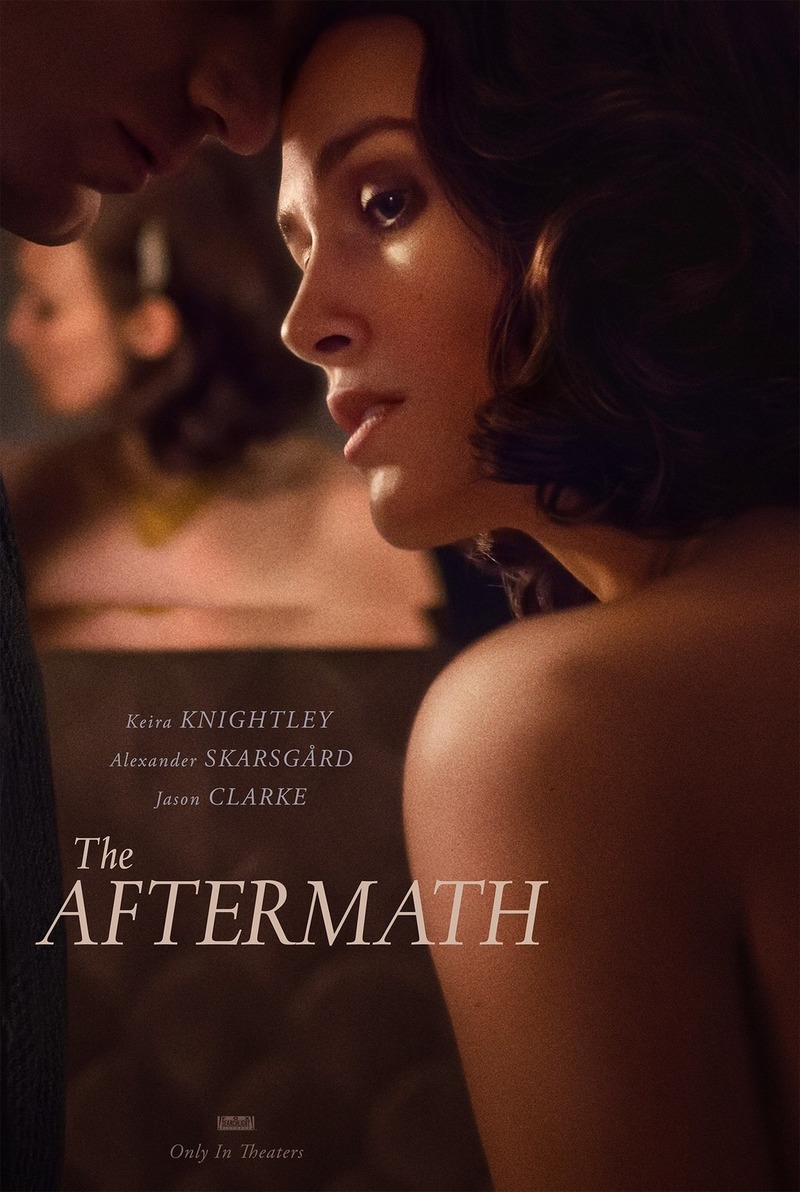
"Aftermath"'s moral compass is generally out of whack. Unfortunately, in that moment, Jozef just looks like a big guy who likes to clean tombstones. When Jozef wipes down tombstones, he's proving his worth Pasikowski seems to want us to see him as a man who does the right thing without even thinking about it. That line of thinking suggests that it's inherently noble to be stereotypically salt-of-the-earth. But at one point he defends his blue-collar heritage by saying that in America, he's only a construction worker, doing work that Americans don't want to do.

Franciszek may dress well, and be well off enough to replace his entire wardrobe after it's mysterious stolen. Jozef can't articulate why he does what he does because Pasikowski thinks of him and Franciszek as working-class heroes. He goes out of his way to rally his opponents against him, as in the above-mentioned bar fight, but as he tells Franciszek, he does not understand why he's compelled to protect these old tombstones. But Jozef is even more of a cypher than his brother. His resourcefulness is evident in scenes where he talks to the town's priest and digs up old land surveys to determine who owns which properties. Franciszek has more personality than Jozef, but only because he's a stubbornly curious amateur detective. But the film's heroes aren't that sympathetic. Instead, Pasikowski kicks over a stone, and expects viewers to first gasp at the worms underneath, and then cheer on the film's protagonists as they struggle to put the rock back. The community's lack of definition makes some sense, but only because "Aftermath" isn't a parable about forgiveness. Nobody explains the mob's motives save for one unnamed thug: "The Jews killed our lord, and he's standing up for them." And Jozef is beaten up at a town bar just because he and the other publicans don't like the same soccer player. The town's eldest resident sneers at Franciszek because he's from America, and doesn't plan to move back to the family farm.


All we really know about these people is that they don't take kindly to strangers. This kind of blind prejudice is plausible, but not as it's shown in the film. Jozef's neighbors send him a brutishly simple message: if you defend people we treat as outsiders, then you are an outsider, too.
Aftermath movie Patch#
He then tries to patch things up with Jozef while searching for more information on the newly-unearthed grave-markers.įranciszek may not understand the townsfolk's anger, but writer/director Wladyslaw Pasikowski (who co-wrote Wajda's " Katyn") doesn't seem to understand it any better than he does. But Francizek independently learns what happened: Jozef reclaimed Jewish residents' headstones that the town was using to re-pave their roads. He resents Franciszek for having left his mother to tend to their farm after his father's death. At first, Jozef won't tell his brother what's going on. After years of living in Chicago, Franciszek ( Ireneusz Czop) returns to his small Polish hometown to discover that his brother Jozef Kalina ( Maciej Stuhr) has become a social pariah.


 0 kommentar(er)
0 kommentar(er)
